Yes, you can charge your electric vehicle (EV) at home using a charging station connected to your home's electrical system. Home charging is convenient, often cheaper than public charging, and is gentler on batteries, extending their life. Having a home charging station can make it easier for you to get around, so you don't have to worry about charging.
What is Home Charging for Electric Vehicles?
Home charging refers to the ability to charge your electric vehicle using a charging station installed at your residence. This setup allows you to power your EV using your home’s electricity supply. There are primarily two types of home charging: Level 1 and Level 2, each differing in charging speed and installation complexity.

Why Consider Charging Your EV at Home?
Charging your electric vehicle (EV) at home is like having a private gas station in your own garage, only quieter and cleaner. You can plug your car in at night and by morning, it will be fully charged and ready to go. It's as easy as charging your smartphone.
Additionally, charging at home is affordable for your wallet. It's often cheaper to charge at home than to pay at a public charging station, especially if you charge overnight during off-peak hours when rates are lower.
Using a home EV charger is better for the health of your battery than a fast charging station, and this extends the life of your electric car battery.
What Are the Requirements for Home EV Charging?
To set up a home charging station, a few key elements are necessary:
-
Adequate Electrical Infrastructure: Ensure your home electrical system can support the extra load, particularly for Level 2 EV chargers like those from Autel Energy, which require a 240-volt outlet.
-
Space for Installation: A secure and accessible installation space is critical, often in a garage or driveway.
-
Professional Installation: Employ a qualified electrician to install your Level 2 home charging station to ensure safety and compliance with local codes.
Autel Energy products are designed to be user-friendly and come with professional support for installation, making the setup process straightforward and compliant with regulatory standards.
How Do You Install a Home Charging Station?
Installing a home charging station usually involves choosing the right charger and then either installing it yourself (primarily a Level 1 charging station) or hiring a professional to install a Level 2 charging station.
-
Choose the Right Charger
Decide between a Level 1 and a Level 2 charger based on your vehicle’s needs and your charging speed preference. Level 1 chargers use a standard 120-volt outlet, while Level 2 chargers require a 240-volt outlet, similar to what an oven or dryer might use.
-
Assess Your Electrical System
Before installation, assess whether your current electrical system can handle the additional load of a Level 2 charger if you choose that option. It’s a good idea to have a professional electrician conduct this assessment. They can determine if you need to upgrade your electrical panel or make other modifications.
-
Obtain Permits
Check with your local city or county building department to see if you need a permit to install an EV charging station. Permits are often necessary to ensure the installation meets local building codes and safety standards.
-
Hire a Qualified Electrician
For a Level 2 charger, you should hire a certified electrician for installation. This ensures that the work is done according to electrical codes and standards. The electrician will install the 240-volt outlet if needed, handle all wiring, and mount the charging station.

-
Install the Charging Station
The electrician will:-
Install a circuit breaker to connect to your home’s electrical panel.
-
Run wiring from the panel to the location of the charging station.
-
Install the charging station on a wall or a pedestal, depending on your preference and space constraints.
-
Ensure that all connections are secure and that the system is grounded properly.
-
-
Test the System
Once installed, the system should be tested to ensure it works properly and safely with your EV. This includes checking the charger's connection to the EV, ensuring that it is correctly charging the car, and verifying that all safety systems (like circuit breakers and ground fault protection) are functional.
-
Final Inspection
If a permit is required for installation, a final inspection by a local building or electrical inspector may be necessary to close out the permit and approve the installation officially.
If you're looking for a versatile installation solution, consider the Autel Energy Pedestal, which offers the following benefits:
-
Durability: Features a robust one-piece design for enhanced stability and longevity.
-
Versatility: Compatible with a variety of charger models, not just Autel’s own.
-
Ease of Installation: Includes all necessary accessories for a straightforward and secure setup.
-
Flexibility: Ideal for use in both residential and commercial spaces where wall mounting isn’t feasible.
This pedestal offers a practical and stylish solution for EV owners looking to optimize their charging setup. For more details, visit Autel's official product page.
What Are the Costs Involved in Charging an EV at Home?
Charging an electric vehicle (EV) at home requires some initial setup costs, but over time can result in significant savings compared to using a public charging station. The main cost is the purchase and installation of a home charging station.1 Level 1 chargers, which usually come with the vehicle and can be plugged into any standard outlet, are the most affordable option.
However, they charge slowly. For those who need faster charging, Level 2 chargers are the most popular choice, but they cost more, usually between $500 and $2,000, depending on their features and performance. Installation costs for these chargers also vary widely. If your home's electrical system is already equipped with a Level 2 charger, installation may only cost a few hundred dollars.
But if new wiring, specialized circuits, or upgraded electrical panels are required, the cost can climb, sometimes exceeding $1,000. Despite these potential costs, many homeowners find the convenience of faster charging times well worth the investment.
Ongoing costs include the cost of electricity to charge the vehicle. This depends on your local utility rates, which can vary but usually range from 12 to 25 cents per kilowatt hour. Fortunately, some utility companies offer time-of-day rates, which reduce the cost if you charge during off-peak hours, usually at night.
Additionally, a number of federal, state, and local incentives are available to offset the initial cost of purchasing and installing a charging station through rebates or tax credits. While the upfront cost of installing a home charging station for your electric vehicle is high, it can be an attractive option for many electric vehicle owners in the long run.
How Long Does It Take to Charge an EV at Home?
The time it takes to charge an electric vehicle (EV) at home can vary widely depending on the type of charger used and the specific vehicle’s battery capacity. Here’s a general overview of what to expect with the two main types of home chargers:
Level 1 Chargers: Level 1 chargers are the most straightforward type, utilizing a standard 120-volt outlet—the same kind used for most household appliances. These chargers are convenient because they don't require any special installation, but they're also the slowest option. Typically, a Level 1 charger will provide about 4 to 5 miles of range per hour of charging. This means charging a fully depleted battery to full capacity can take anywhere from 20 to 40 hours, depending on the size of the EV’s battery. For instance, an EV with a 240-mile range and a 60 kWh battery might take around 24 hours to charge fully on a Level 1 charger.
Level 2 Chargers: Level 2 chargers require a 240-volt outlet and are much faster than Level 1 chargers. They can provide approximately 12 to 80 miles of range per hour of charging. This variability depends on the power output of the charger and the maximum charging rate the EV can accept. For example, charging a vehicle with a 60 kWh battery (providing a similar 240-mile range) using a Level 2 charger can typically take about 4 to 6 hours for a full charge from empty.
Factors Affecting Charging Time: Several factors can influence how long it takes to charge an EV, including:
-
Battery Capacity: Larger batteries take longer to charge.
-
State of Battery (Empty vs. Partially Charged): Charging times are shorter if the battery isn’t fully depleted.
-
Charger Output and Vehicle’s Charging Rate: Even if you have a high-output Level 2 charger, the actual charging time will depend on how fast your EV can accept the charge. Some vehicles are equipped to handle higher speeds than others.
For most daily driving needs, overnight charging with a Level 1 charger is usually sufficient. However, for faster turnarounds and more extensive daily use, a Level 2 charger is more appropriate, greatly reducing downtime and ensuring that your vehicle is ready when you need it.
What Are the Benefits of Charging at Home?
-
Convenience: Charge overnight and start each day with a fully charged battery, without needing to visit public charging stations.
-
Cost Savings: Typically cheaper than public charging, especially with off-peak electricity rates.
-
Battery Health: Slower charging speeds at home are gentler on the battery, potentially extending its lifespan.
-
Environmental Benefits: Pairing home charging with renewable energy sources like solar panels maximizes the environmental advantages of owning an EV.
-
Increased Home Value: A home charging station can enhance property appeal as EVs become more widespread.
Conclusion
Charging an EV at home is not only feasible but also highly beneficial for most EV owners. With the right setup, it provides an efficient, cost-effective, and convenient solution to keep your vehicle charged and ready to go. Assessing your specific needs and setup will help determine the best home charging solution for your electric vehicle.

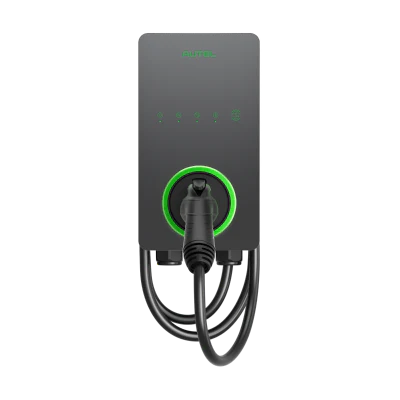
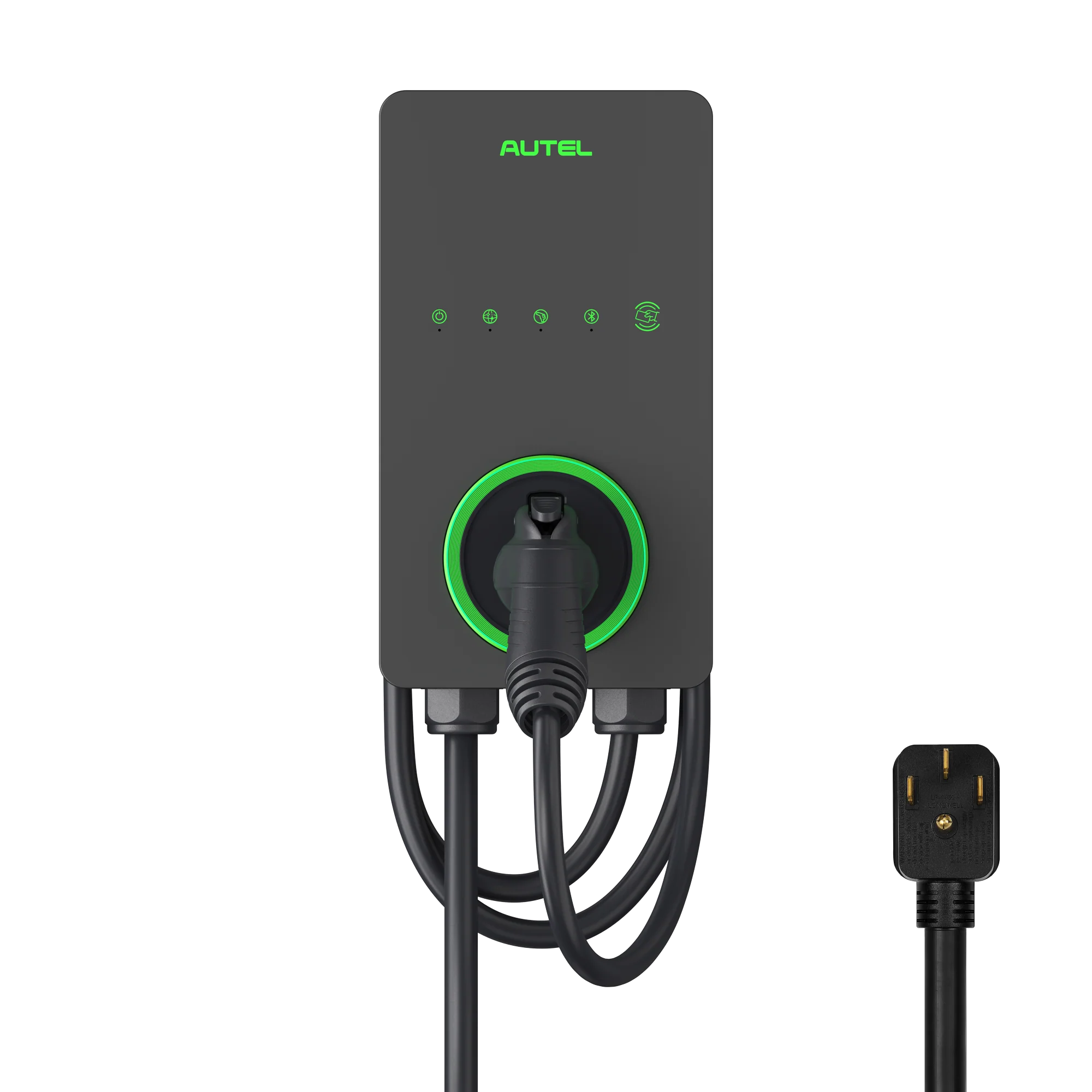
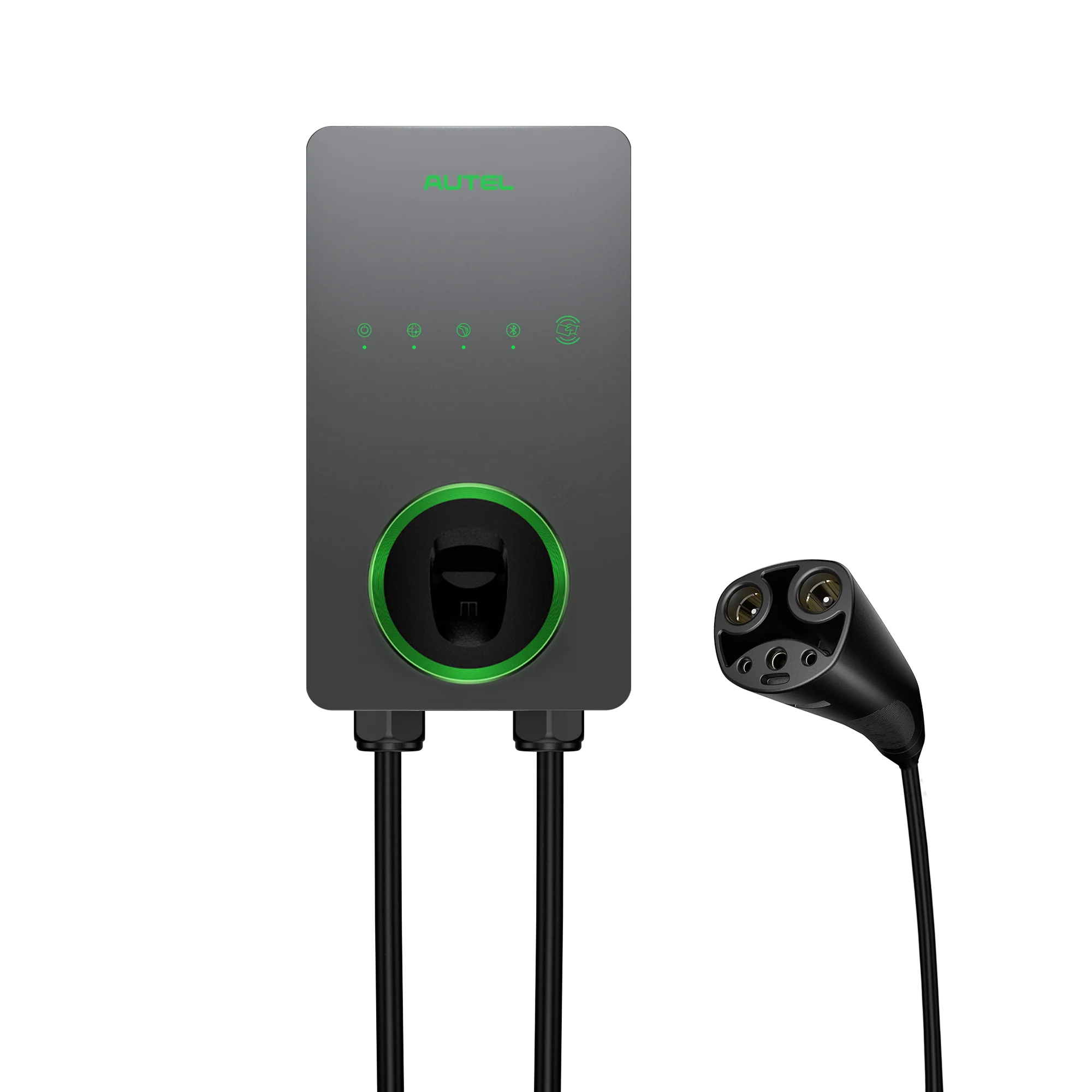
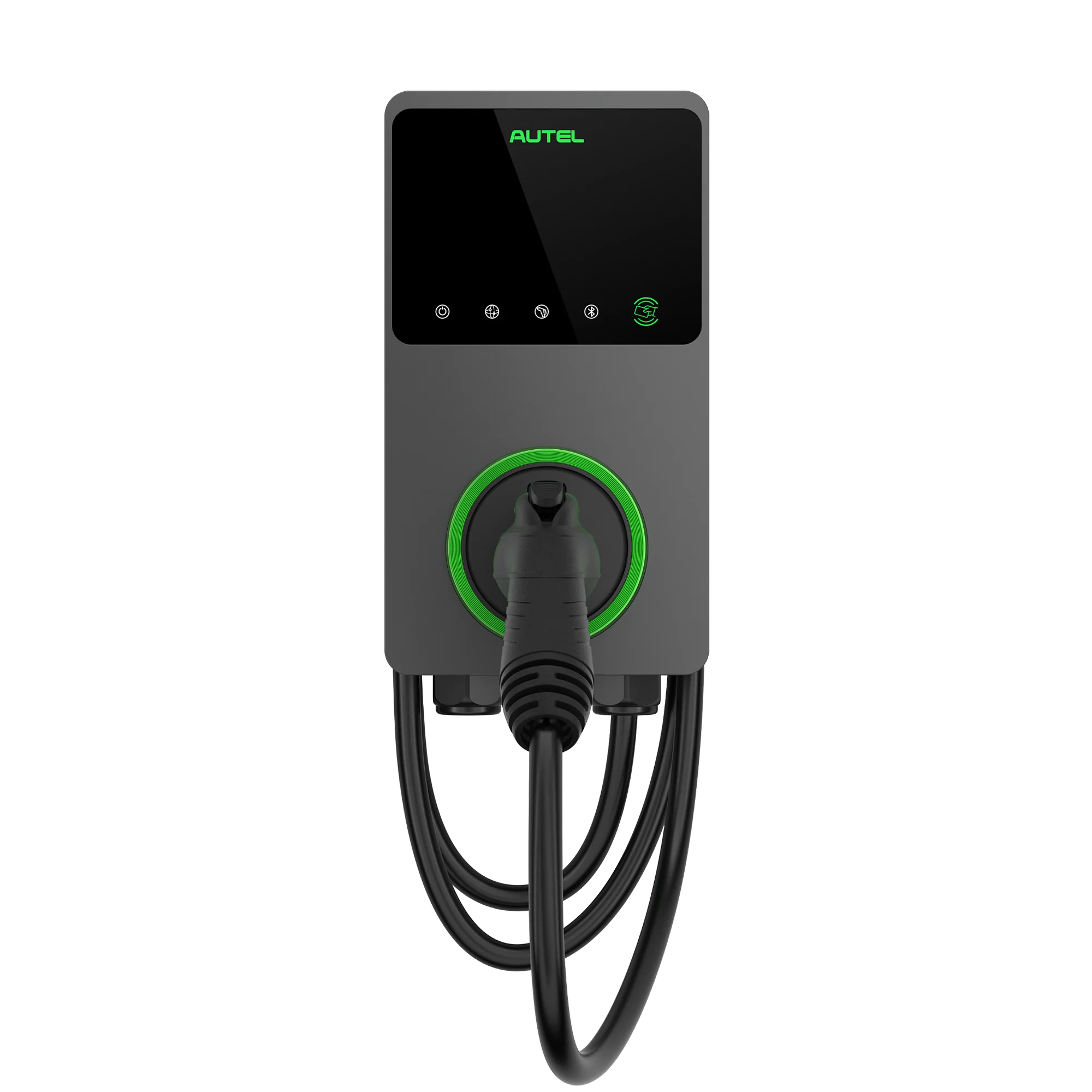
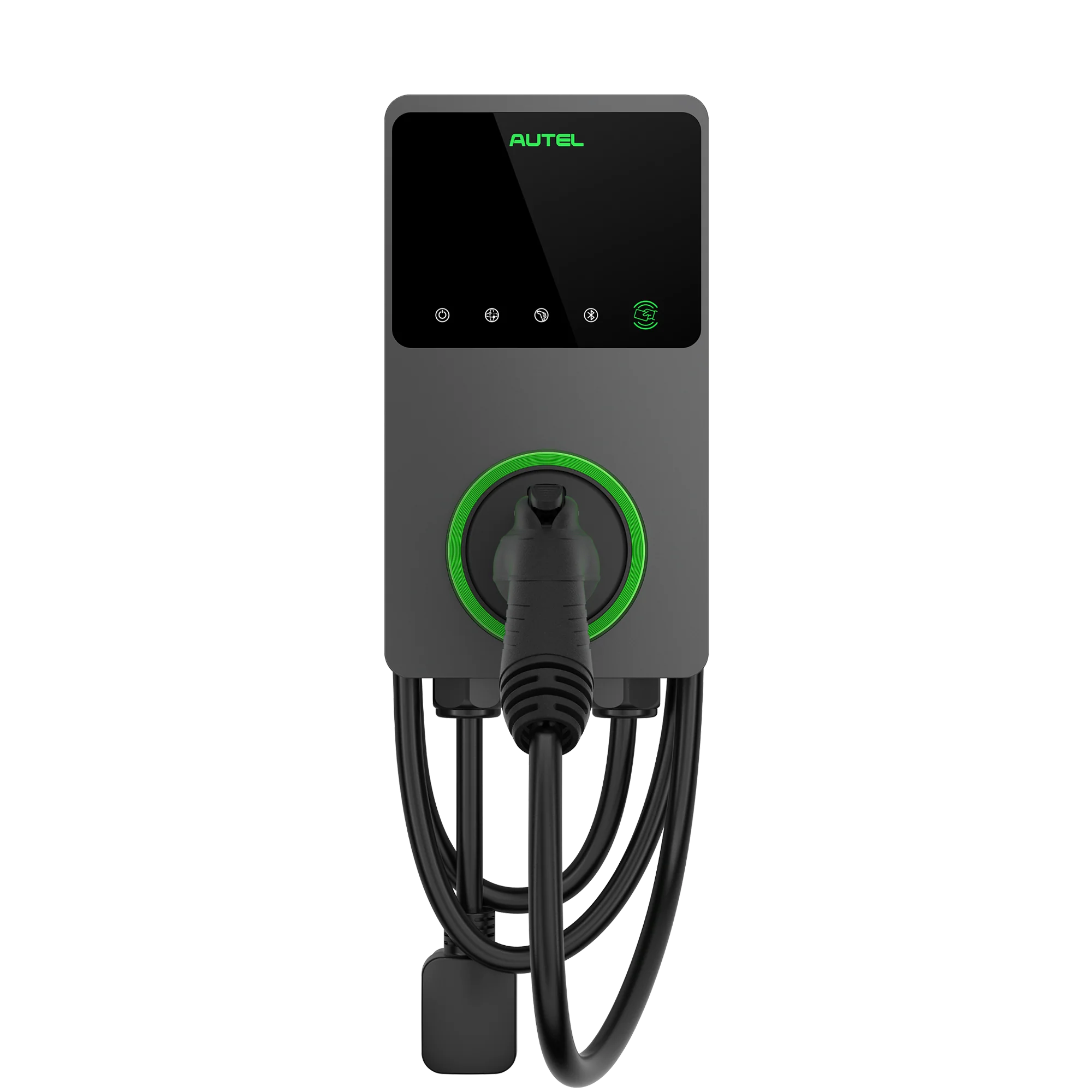
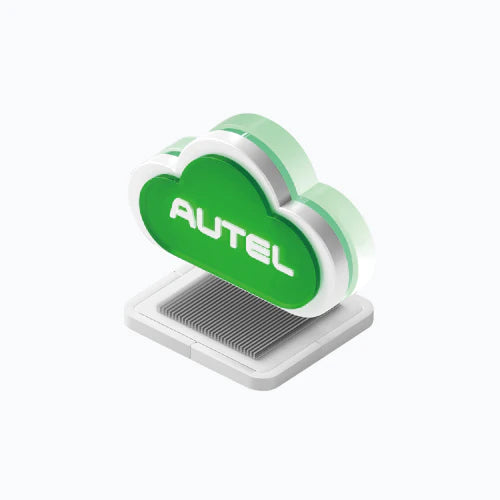
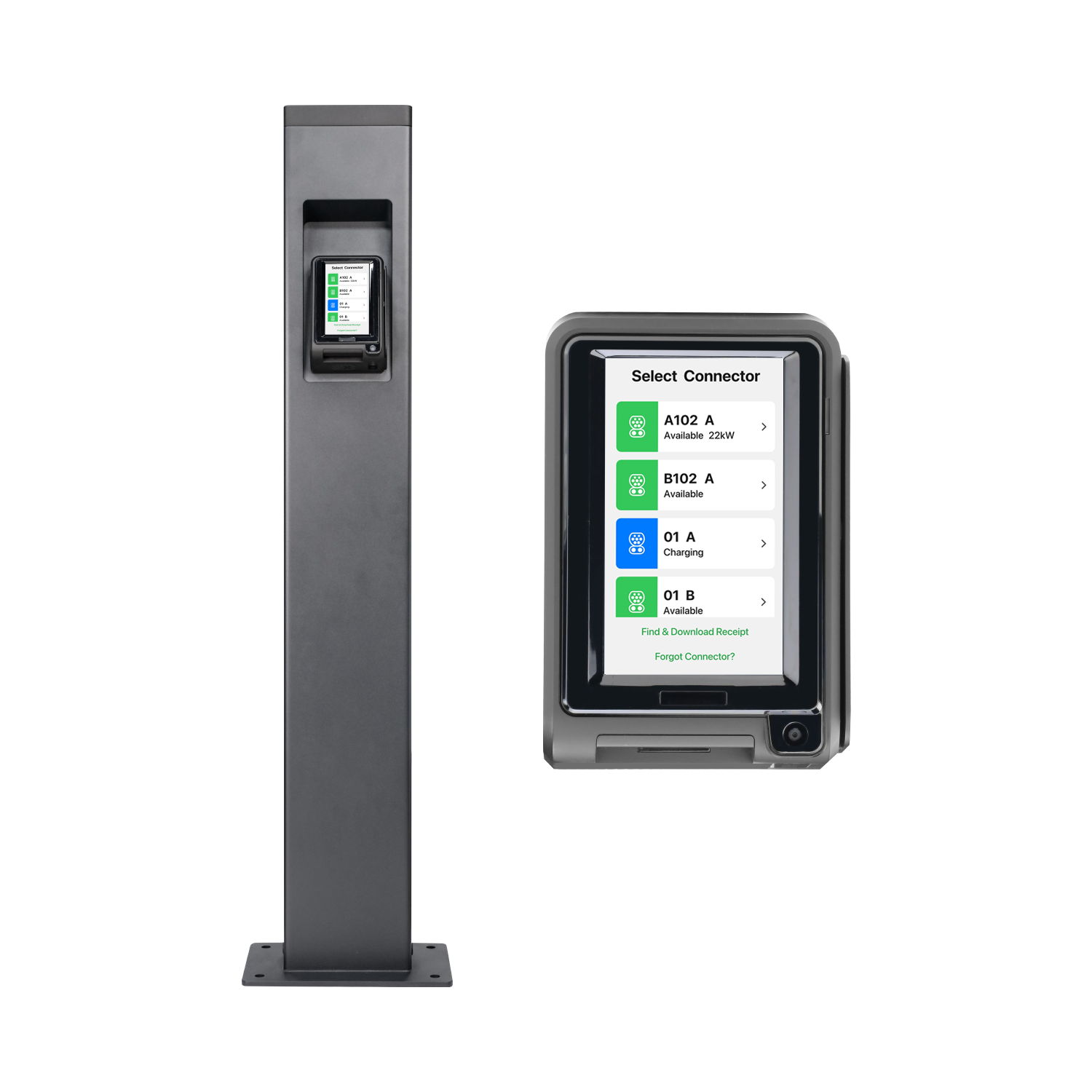
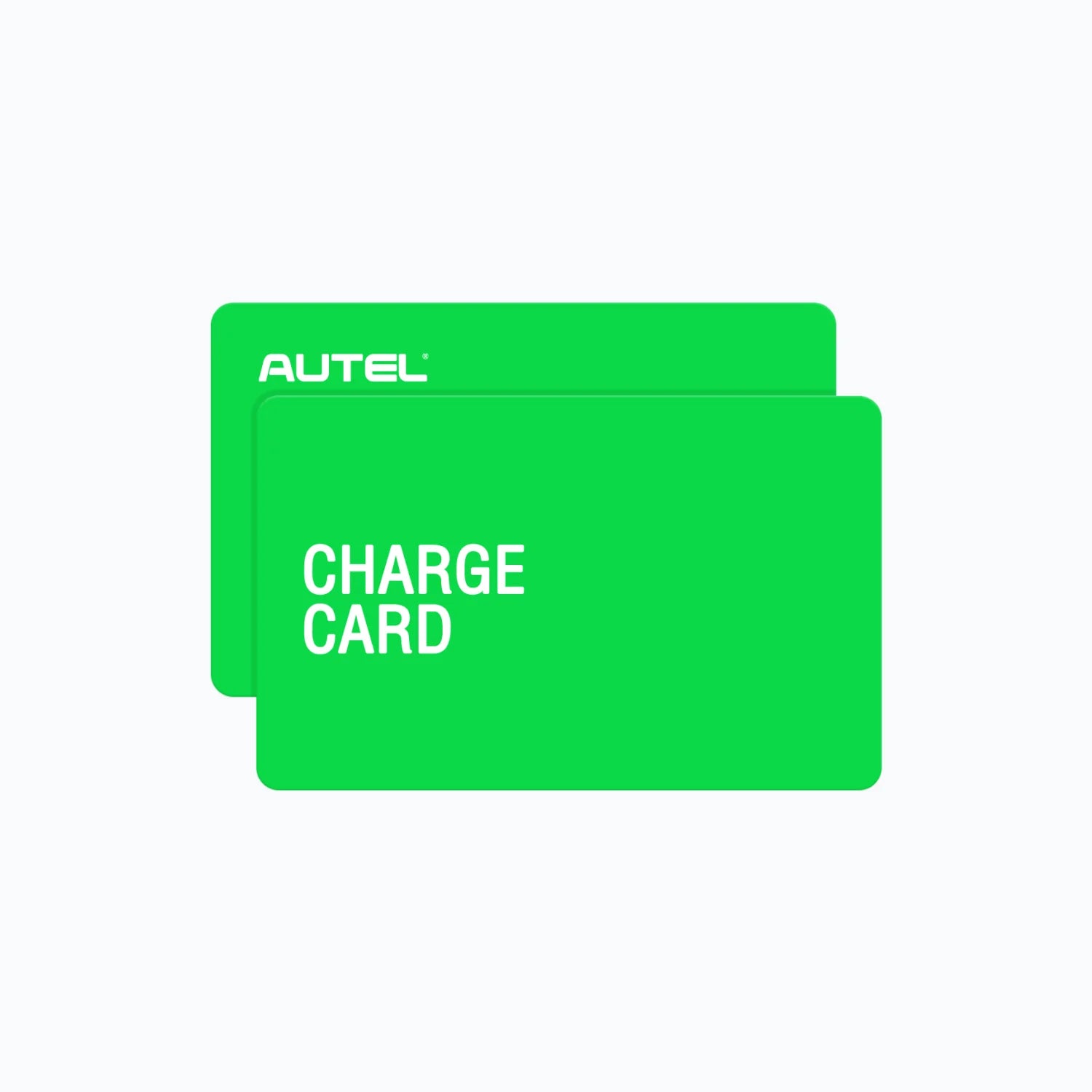
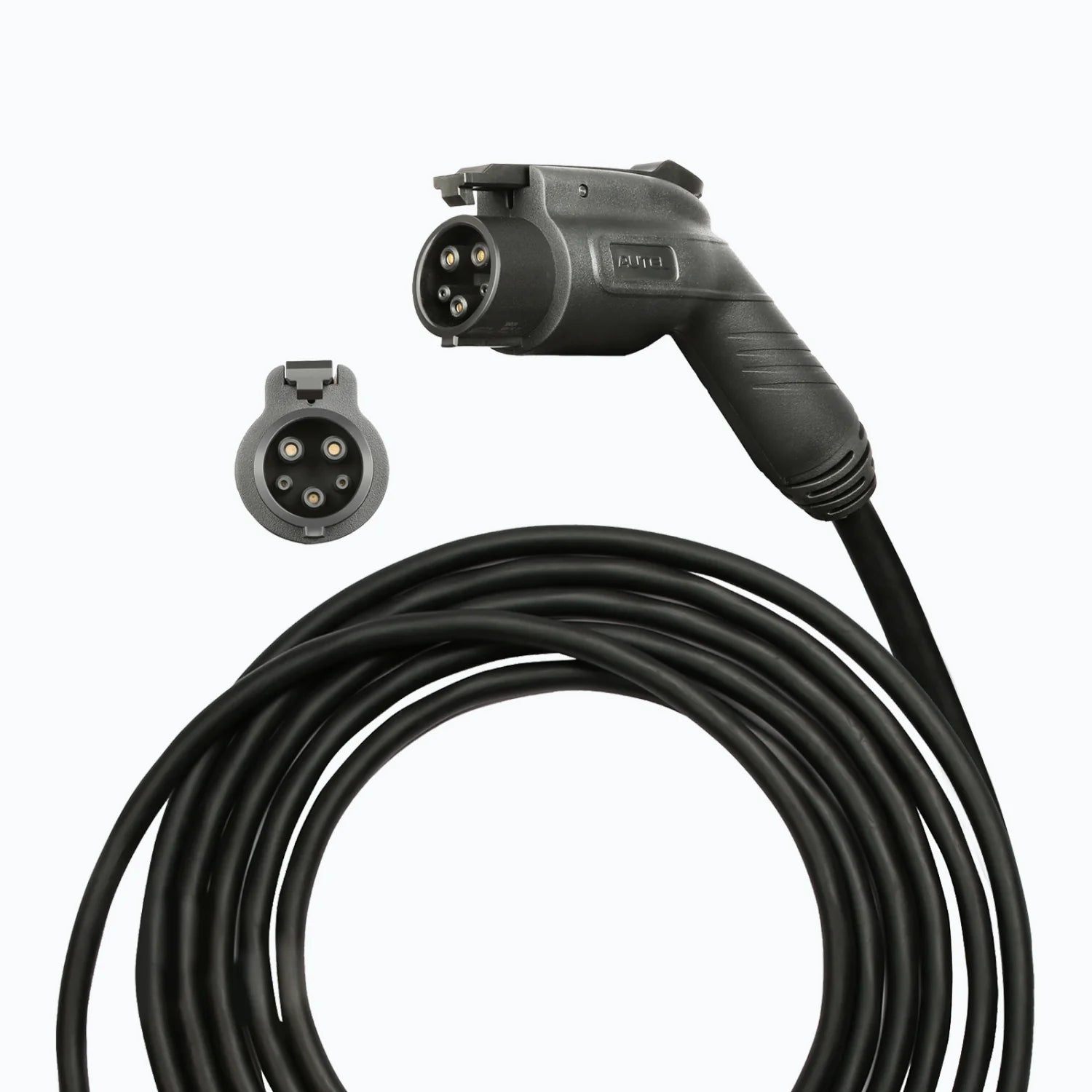
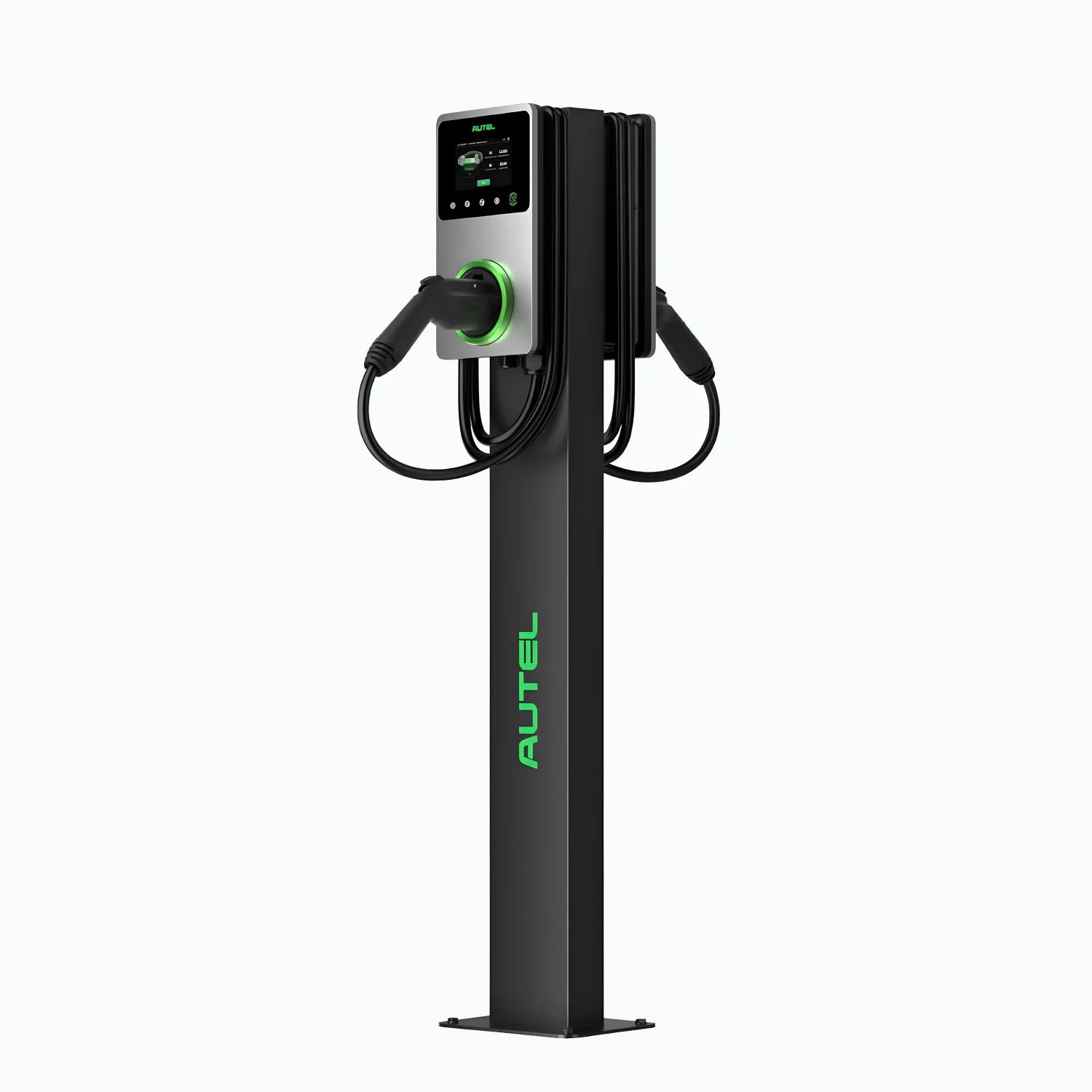
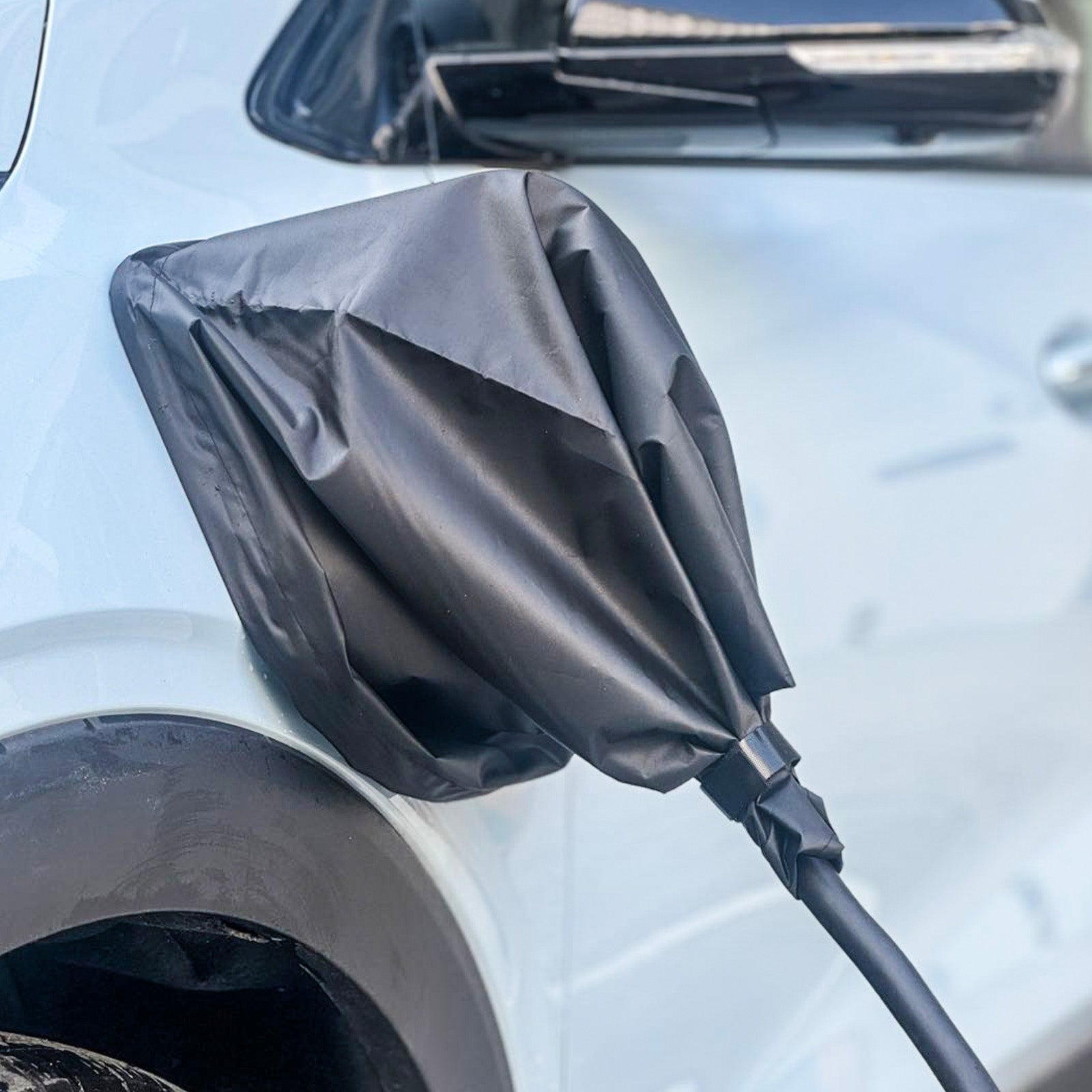
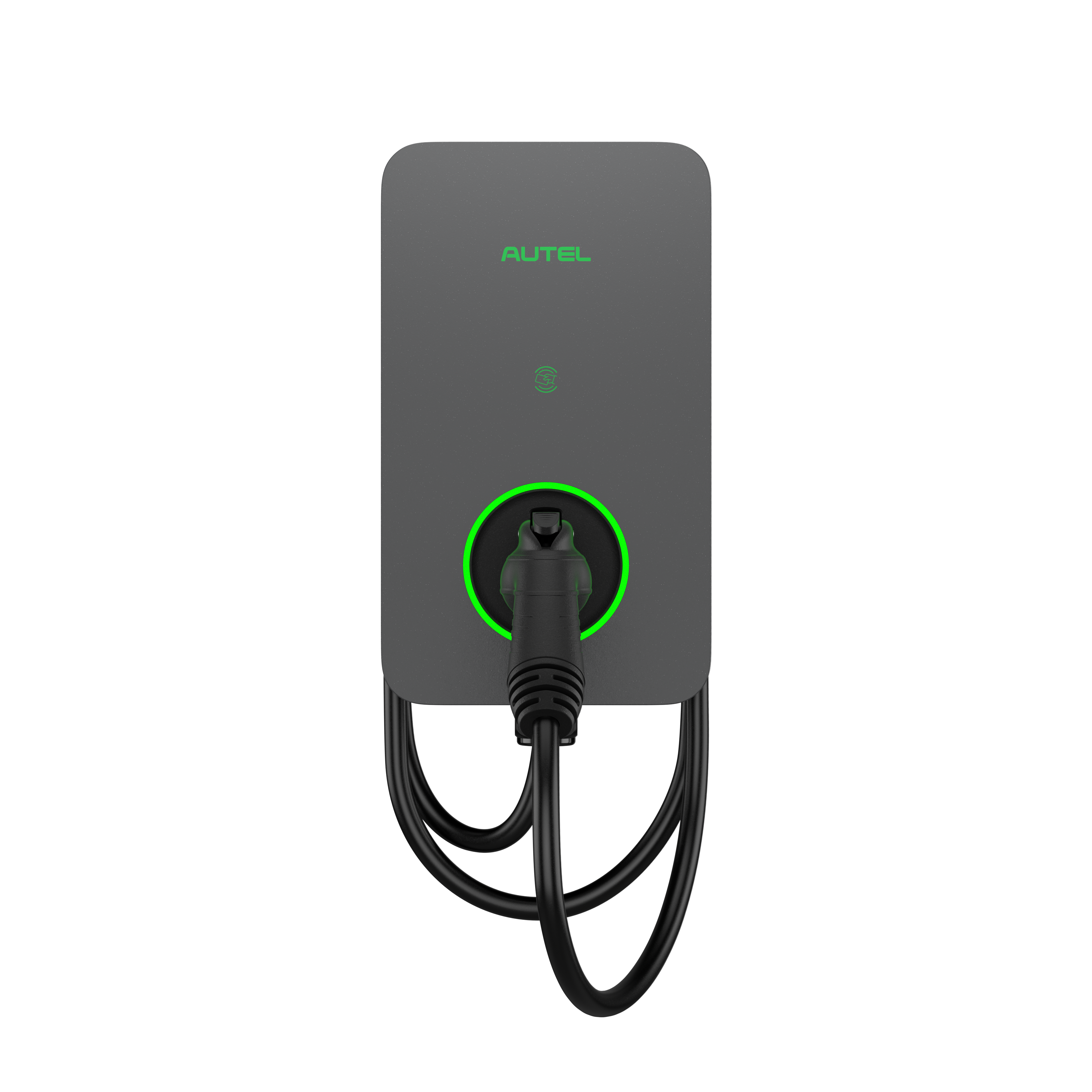
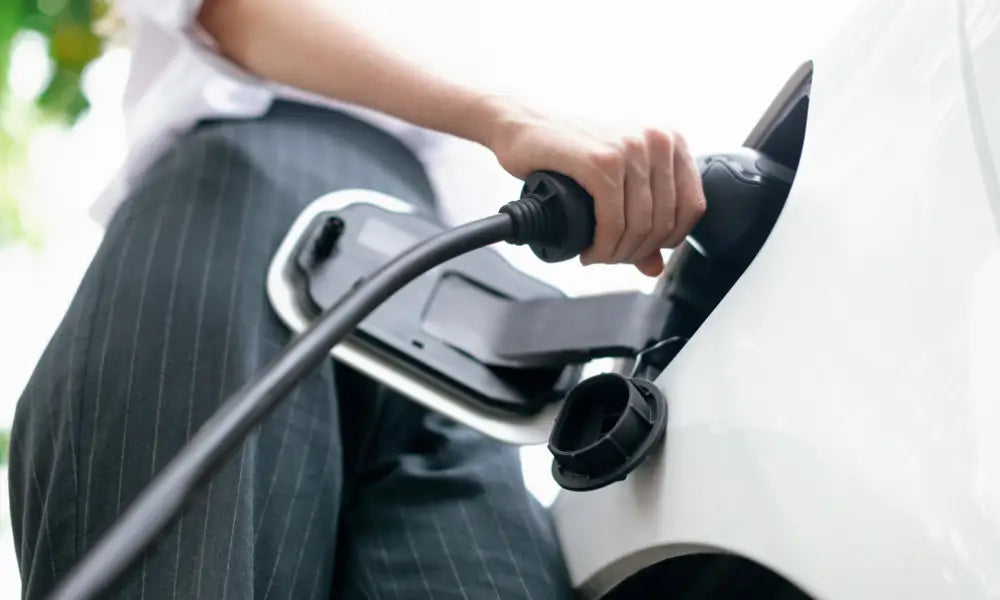
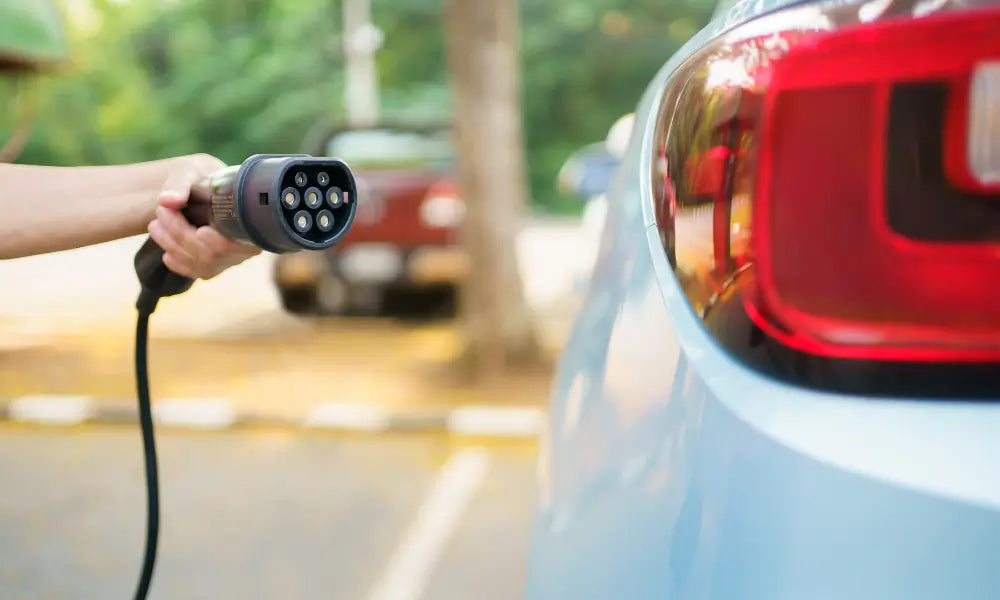

Dejar un comentario
Todos los comentarios se revisan antes de su publicación.
Este sitio está protegido por hCaptcha y se aplican la Política de privacidad de hCaptcha y los Términos del servicio.